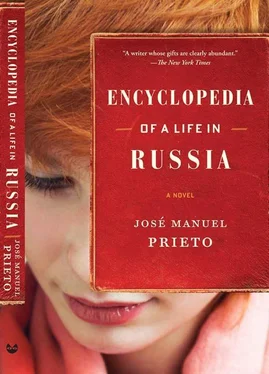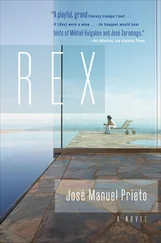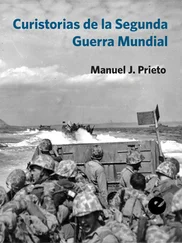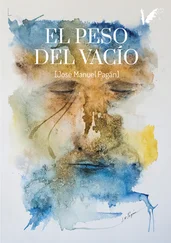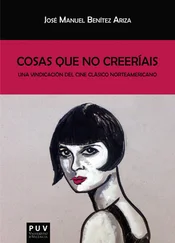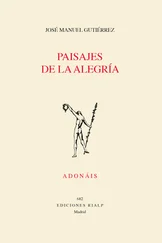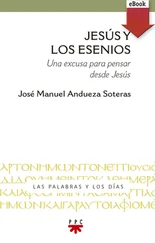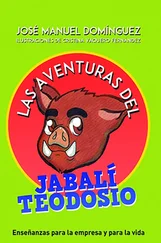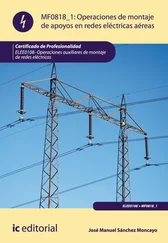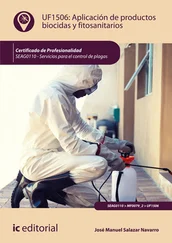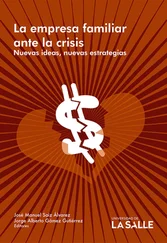I. In YALTA, we rented the DACHA of a former member of the Politburo, a small mansion next to the sea with a lovely little terrace for the sunsets. One afternoon, as I was relaxing on its warm tiles, an unforeseen sublimation occurred, the random union of certain molecular strings, and a clean and beautiful melody blazed forth in my mind. I hummed it twice without being able to believe my good fortune, leapt to my feet, and intoned an involuntary recitative, droning in a full and resonant voice — the voice of another man who lived in my bosom and spoke through my mouth — phrases that alluded to the beauty of the view, the warmth of summer, LINDA and myself. I was like an automat that had connected itself all on its own to the world centers of RADIO broadcasting and I laughed and apostrophized, emitting spine-tingling threnodies, ululating in diabolical tones. That was me, you must all believe me, singing out a sea of well-being.
This unexpected rap- ture awoke LINDA who came out to the terrace. “LINDA,” I cried in jubilation, “I have the solution! To hell with P.O.A. Just one song! It’s genius! It’s fantastic! We’ll sell a hundred thousand copies this year! Listen!”
LINDA heard me out for a long time without understanding. She didn’t know a thing about jazz or Brazilian litany, or syncopation: her primary cultural stock consisted of long phrases performed on the oboe. Finally she slipped her verdict into a pause for breath: “Gregorian or plain chant.”
I went on for five more stanzas before the light of that revelation stopped me short.
“Precisely. Gregorian chant. The beginning and the end. Do you think that’s proof of an exhaustion of all forms? Great, perfect. Look, I know something about this, too.” (I whistled the entire first movement of Vivaldi’s concerto in E minor for bassoon and orchestra, impeccably.)
LINDA listened, flabbergasted. “Truly you astonish me. Wherever did you hear such good music?”
“But I told you about my CD collection. The best performers in the world: Horowitz, Kissin, Richter, almost all of them Russians (or Jews, whichever you like), though the point is not to linger over that. To go forward or . . backward. Think of it: in one Handel concerto there are at least ten tunes that could be massive hits. When the violins attack the second movement”—I whistled it, inspired—“don’t you hear a number one song on the Billboard top one hundred? This melody would be perfect for those VERSES by Blake: The modest Rose puts forth a thorn,The humble Sheep a threat’ning horn;While the Lily white shall in love delight,Nor a thorn nor a threat stain her beauty bright.
Then a block of energetic brass, blowing their hearts out. . I have goose bumps! Two or three more repetitions of the chorus, then the song ends on a very high note and the brass cut off at one fell swoop. Nothing could be easier. . No, LINDA, for the love of God! Those EURASIAN sonorities; I’d lose all my money. Bring me some lined paper, please. I’m tired of recording ballads I never manage to work through to my own satisfaction. Now that you’re here and you know about music (though not precisely the kind required). . But listen: don’t you hear? It’s not a matter of the word that becomes music as it joins the rhythm, but the inverse process: the music coming undone into strips of words, the unconscious surfacing of strings of melody in their virgin state which, when intermingled and subjected to TECHNOLOGICAL processes, acquire the consistency of song. And we could add in that snatch of folk tune you were humming just now, that ROMANZA — why not?”
YALTA. Sometimes I woke up to find myself possessed by the idea of boarding a plane and flying to YALTA. The irascible beauties I walked past every day in the Metro flowed south during the summer to toast their bodies in the sun, in a mood that could not be improved upon. A complete sampling of all that was on offer in the IMPERIUM — a world that extended from the luminous green of the subtropics to the white of the polar circle — deployed on deck chairs within a few meters of the sea. And me there, strolling along the shore, registering the astonishing diversity of EURASIA, which is to say, of much of the planet: pale blondes from the Baltic, Ukrainians with thick braids and honeyed skin, unsleeping Kazakhs, graceful Tartars; the daughters of hunters and reindeer herders who adorned their simple Taiwanese bathing suits with shamanistic trinkets and would often come down to the beach wearing slippers trimmed in otter skin: the cold breath of the tundra.
I. YALTA is the nervously scribbled note, the sweet little foot. I knew women who, over the slow fire of a twilight on the beach — coarse sand inside their dresses — would isolate every fracture in an unhappy marriage, rubbing salt into the wounds of their lives. Late at night, I would hear the sighs and ayes that floated across the boulevards of YALTA and think of Ивáн Бýнин (Ivan Bunin) — one of the sources for this entry — the writer who transported me to a new perception of the Russian language, which included “gentle breezes,” damp petticoats, burning thighs. In the 1936 short story “The Caucasus” an officer arrives on the shore of the Black Sea, in search of his adulterous wife.Он искал ее в Геленджике, в Гаграх, в Сочи. На другой день по приезде в Сочи, он купался утром в море, потом брился, надел чистое белье, белоснежный китель, позавтракал в своей гостинице на террасе ресторана, выпил бутылку шампанского, пил кофе с шартрезом, не спеша выкурил сигару. Возвратясь в свой номер, он лег на диван и выстрелил себе в виски из двух револьверов. He looked for her in Gelendzhik, in Gagry, in Sochi. The day after he arrived in [YALTA], he went for a morning swim in the ocean, then shaved, changed his underwear, and donned a military jacket that was white as snow. At lunch on the terrace of the hotel restaurant he drank a full bottle of champagne, drained a cup of coffee laced with chartreuse, and unhurriedly smoked a cigar. Then he went back to his room, lay down on the sofa, and fired two pistols into his temples.
ZIZI. In Paris, they called her ZIZI, short for Zinaida Pavlovna. She had been a lady-in-waiting to the Grand Duchess Maria Pavlovna, and in 1918 she fled straight from Tsarskoye Selo, the VILLAGE of the CZARS, to France. One limpid Monday in 1923, penniless, in despair, she went to a tryout for models at the haute couture salon of monsieur D**. The designer watched her move toward him, born along smoothly on those foreign legs of hers, gliding soundlessly as a swan: her grace, the fingers she extended in greeting as if they were alien things that did not belong to her. Monsieur D** dismissed all the little shop girls and seamstresses who had modeled for him until then. This was the start of another Russian period no less important than the one organized by Diaghilev years earlier. Understand? The exhaustion of trench warfare, gas creeping along the lowlands, the thrust of bayonets, the disaster of General Samsonov’s defeat on the Prussian front, the famine that stalked Saint Petersburg during the winter of 1919; a tremendous effort of nature and the intersecting tensions of history, all were necessary, all were translated into the elegance of the former Russian nobility on the CATWALKS of Paris: fashion modeling transformed into an art. You could cause exactly the same furor today, Linda, I imagine it perfectly. These Russian women, so strikingly beautiful; you, my angel, so perfectly in accord with my ideal of beauty. . Russian beauty.
Читать дальше
